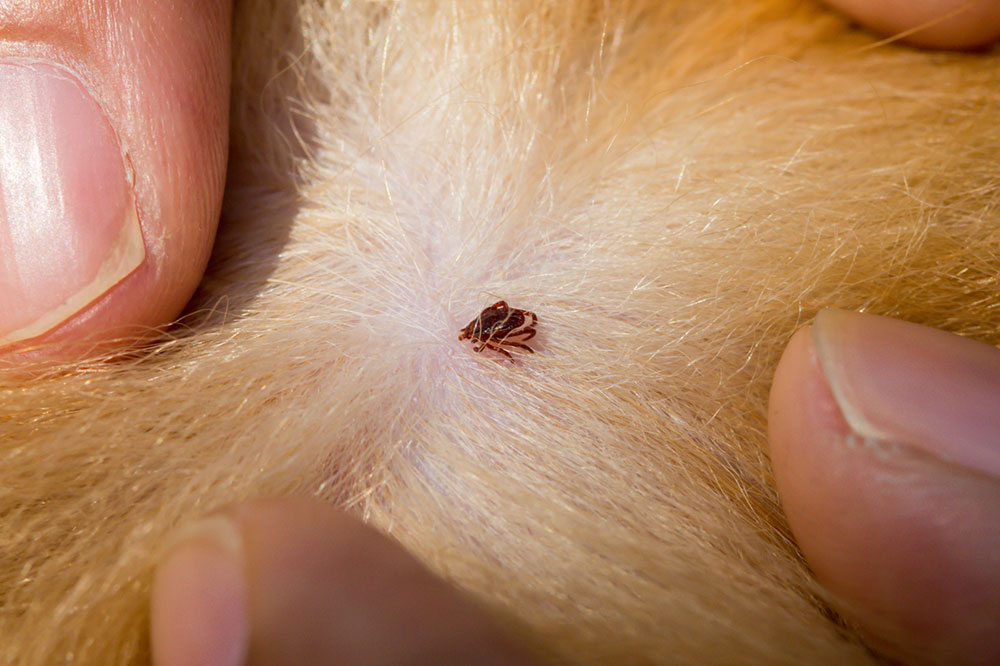
4 Tips To Keep Pets Away From Fleas and Ticks
Fleas and ticks in animals are as common as sunlight in summer. The parasites absolutely love feeding off pets’ skins, and they make a home out of just about any animal. In doing so, these creatures transmit a range of diseases to both humans and pets, with the latter especially susceptible to the problem. They feed on their blood, transmitting mild to serious health conditions such as tapeworm and Lyme disease. Getting rid of them is, therefore, extremely important for everyone’s sake. In this article, we enlist a few ways in which you can keep your pets away from fleas and ticks:
- Flea and tick repellents
Various brands offer repellents that prove to be useful against fleas and ticks. They come in the form of sprays, shampoos, powders, and drops, and are easily available at most pet stores. Some of them are all-natural products made from plant compounds only. Eucalyptus oil and clove extracts are two commonly used ingredients that have, time and again, prevented and countered fleas and ticks. Flea and tick prevention drops, meanwhile, contain compounds such as imidacloprid and permethrin. Most of these products are safe to use on pets and anywhere in the house as well.
- Medications
Fleas and ticks can also be treated using mild medications. Most of them are prescription-only medicines, and they offer noteworthy results without significant side-effects. Some even come in the form of flavored chews. (S)-methoprene, a chemical found in a number of these medications, does away with even the eggs of these parasites. Once consumed, these medicines can provide your pet with immunity for about 12 weeks and prove effective in heavy flea and tick seasons as well. Although they are safe for most pets, it’s always better to consult a veterinarian before going forward with them.
- Home remedies
There are tons of natural remedies to treat and prevent fleas and ticks. Baking soda, when mixed salt, water, and some vinegar, is said to protect your pets from fleas and ticks. The mixture can be directly sprayed on the pet. Baking soda and vinegar can also be used to clean parts of the house, such as furniture and certain corners. Essential oils are also commonly used to repel these pests. In addition, natural herbs such as rosemary, chamomile, and mullein leaves are known to treat ticks and fleas in pets.
- Maintaining hygiene and staying vigilant
The risk of fleas and ticks increases with the first light of summer. To combat the problem, keep a clean house by regularly wiping the furniture, blankets, and other commonly used household items. Keep all the plants in the yard as they could attract parasites and eventually become a breeding ground for them. Since pets are especially susceptible, routinely check for possible pests on their coat and give them a bath every time they come home from the outdoors.


